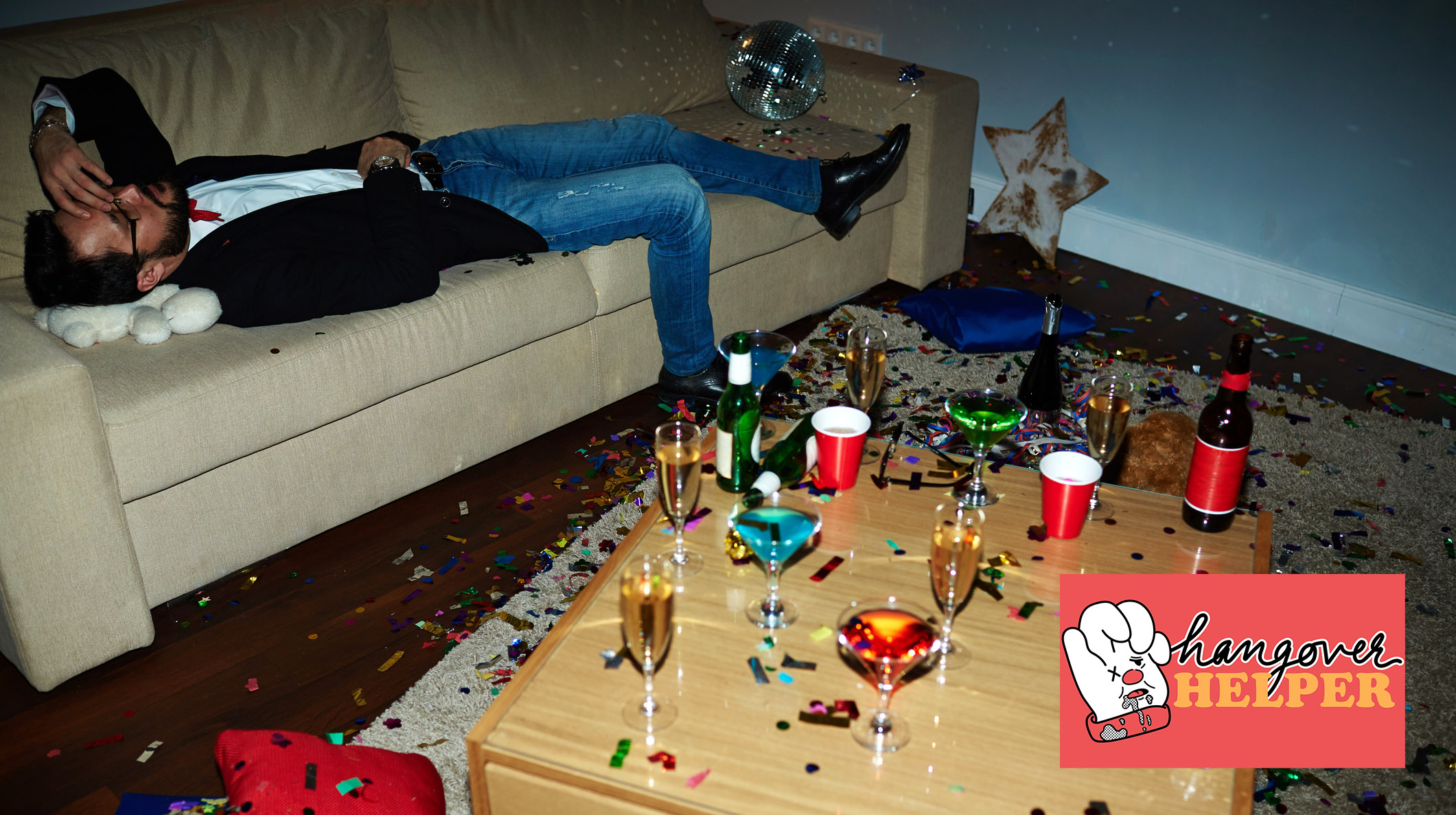Does Mixing Different Alcohols Increase Your Risk Of A Hangover?
There's hardly a better description of the guilty misery of a hangover than William Hickey's, written in 1768: "My first return of sense or recollection was upon waking in a strange, dismal-looking room, my head aching horridly, pains of a violent nature in every limb, and deadly sickness at the stomach. ... At that moment I do not believe in the world there existed a more wretched creature than myself."
Wretched is what we feel in those morning-after depths, when we know there's no one to blame for our current agony but our past selves. In desperation, we grasp at any explanation that would lessen our culpability—I didn't eat enough; I haven't been sleeping well; I shouldn't have alternated beer and tequila. That last explanation is especially common, as drinkers are extolled from their 21st birthdays that mixing multiple types of alcohol is the surest road to Miseryville.
Is this a convenient excuse, or can it be based on scientific fact?
Sadly, there's scant science on the mechanism of hangovers. It's still unknown, for example, whether the physical and psychological symptoms of a hangover are caused by alcohol's direct effects on the body or its aftereffects. Does booze cause hangovers, or does its absence? Even less understood are methods for hangover treatment and prevention—beyond drinking less, of course. Ultimately, that's just about the only aspect of hangovers that's agreed upon.
"In the years 2019, with all the scientific knowledge that we have, the best way to avoid getting a hangover is not to drink too much," Dr. Andrew Stolbach, a medical toxicologist and emergency medicine physician at Baltimore's The Johns Hopkins Hospital, tells The Takeout. "I don't think there's any scientific evidence that mixing different types of alcohol makes you more likely to have a hangover."
Studies examining prevalence rates of hangovers vary in their conclusions, and in most studies that specify a type of alcohol—beer, vodka, whiskey, etc.—only one type is used as a variable. Within those studies, subjects tend to report worse hangovers after drinking alcohols with higher concentrations of fermentation-derived compounds called congeners, which are more prevalent in dark spirits such as whiskey, brandy, and red wine, than in light spirits like vodka, gin, and white wine. But, a minority of other studies have found the opposite. (There's a good overview of the research on congeners in the introduction to this study.) The Alcohol Hangover Research Group notes that further studies are needed, and it would be helpful to develop a "congener-index" to assess "a direct comparison of different alcoholic beverages."
If scientists have yet to nail down how and to what extent one type of alcohol leads to worse hangovers than another, it's not surprising that research hasn't concluded whether mixing a bunch of alcohols together is more physiologically damaging than sticking to one type of booze on its own. There are many compounding factors that create hangovers. Plus, their severity is a self-reported metric, not a definite measure like blood pressure, further muddying the waters.
"There's an Onion headline where it says: 'Man blames hangover on everything but how much he drank,'" Stolbach says. "When it's been scientifically studied, the only real predictor of hangovers seems to be the amount that you drink."
Point taken, doctor. But science aside, even anecdotal evidence is difficult to sort. Stolbach reminds me that when a person is drinking to the point where they're intoxicated, they're less likely to moderate their consumption of sugary or greasy foods, which could also contribute to a hangover. Alcohol also tends to disturb people's sleep, which is a related but distinct variable.
Then, there's the real kicker: The occasions when people tend to mix alcohols—parties, a bar crawl, weddings—also tend to be occasions where people drink to excess. You might think that mixing Champagne and whiskey is to blame for your hangover—but more likely it's the fact that you drank three glasses of each.
